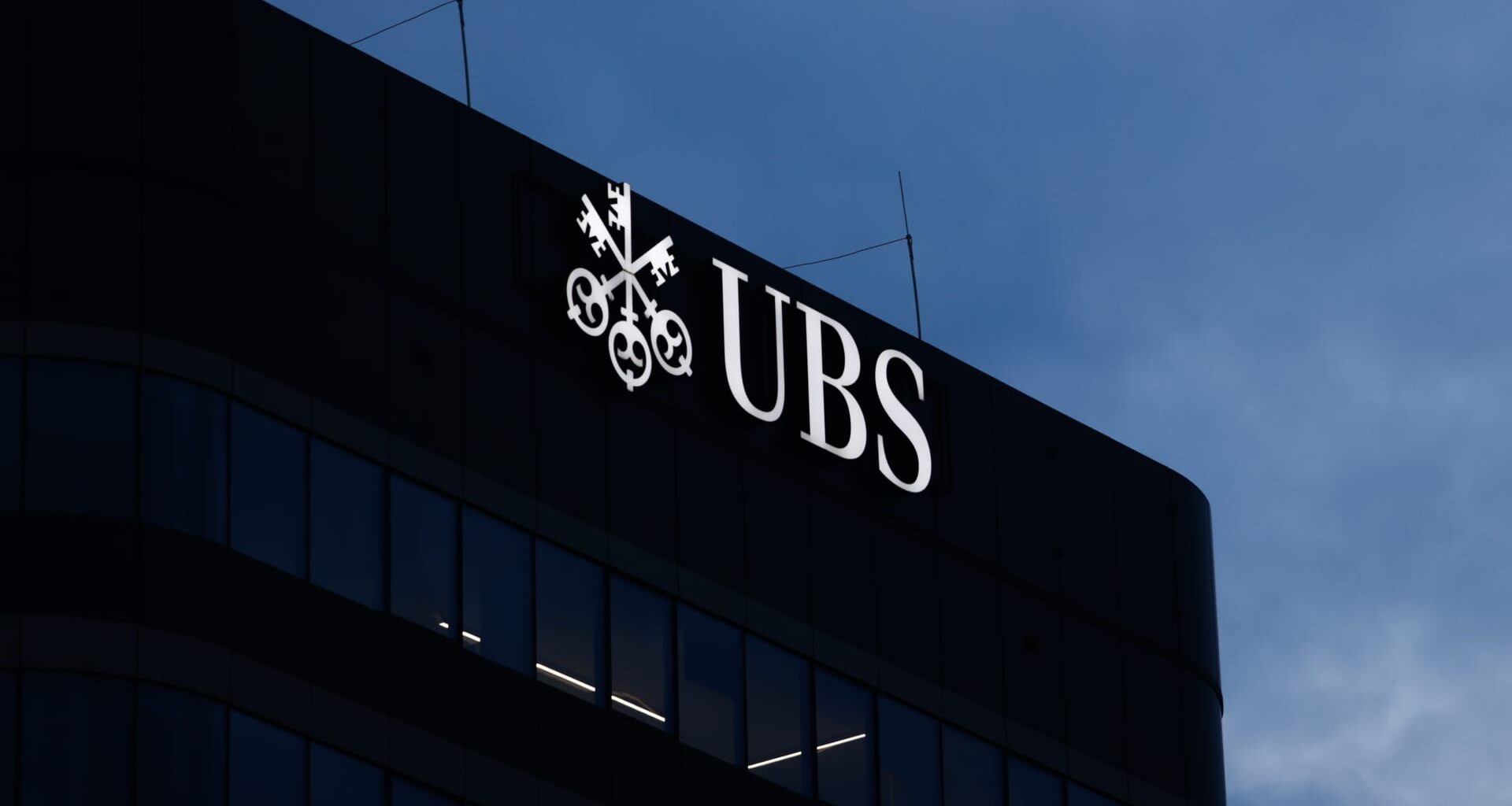While Europe isn’t directly impacted by U.S. President Donald Trump’s latest tariff threats , it could have a knock-on effect on European exports if the dollar continues to weaken. With the euro strong in comparison, Gerry Fowler, who head up UBS ‘ U.S. and European equity and derivative strategy team, expects European exports to feel the effects. “Europe is going through what our economists call the J curves, which is a couple of quarters of roughly zero GDP growth, but the reality is, if you think about the nature of GDP being consumption, investment, government spending and net exports, nearly all of the weakness is in that net export category,” Fowler told CNBC’s ” Europe Early Edition ” on Monday. “The rest of Europe is actually doing fine — consumption, investment, government spending, all progressing as they were,” he added. As a result, domestic industries remain attractive to UBS, especially given earnings appear to be on the up. The euro is up around 12% against the U.S. dollar year-to-date. Sector picks Fowler has his eye on utilities, telecoms, banks and some segments within industrials, such as electrification, which has “a lot less currency and tariff sensitivity.” However, Deutsche Bank has taken an underweight position on telecoms, according to a note issued in October. The sector has performed well this year but that’s led to “unattractive valuations,” the German bank said. “I would call the utility sector — for the first time in probably 20 years — growth at a reasonable price,” UBS’ Fowler added, noting that “they’re just still too cheap for the growth that they’re producing.” Such companies are “investing a lot less because they’ve already done their broadband rollout, so their cash flow is exploding, dividends are growing, etcetera. Plus, they’re probably beneficiaries of digitalization,” he said. Despite a recent Nasdaq rally , banks are “still at least 20% cheap to the market,” while electrification companies within the industrial sector are “chugging away very nicely” with “solid earnings growth, consistent upgrades, not expensive, and positioning isn’t extreme,” he added. Defense stocks Defense is the hottest ticket of the season, but Fowler dubbed it “really quite expensive and crowded,” so it will be difficult to upgrade momentum and be drivers of outperformance. Fowler’s position mirrors an analyst note issued by UBS last month, where the firm upgraded its Stoxx 600 target to 600 for 2025 and 650 for 2026, which it said are on the higher end of sell-side positioning consensus and aligned with bottom-up target prices. It would mark annualized returns of 10%, Fowler noted, “which Europe hasn’t seen for a while.” “It may not beat some other markets around the world, but it’s certainly going to get pretty close to matching them, and investors globally are still too underweight Europe for that setup,” he added. Indeed, Deutsche Bank has closed its neutral stance on Europe and turned it positive, versus the U.S, the note said. It is particularly bullish on Germany and is expecting renewed interest in the country’s midcaps, it added. Analysts from Deutsche Bank have also maintained their positive view on the smaller German index, MDAX, per the note. They are also watching stocks in banking, materials, and healthcare.

